
Pharmacists may be able to reduce hospital readmissions by calling discharged patients to check in about their medications.

Pharmacists may be able to reduce hospital readmissions by calling discharged patients to check in about their medications.

T-VEC is a first-in-class immunotherapy for unresectable cutaneous, subcutaneous, and nodal lesions in advanced melanoma.

Cheryl Allen, RPh, BSPharm, MBA, vice president of Industry Relations at Diplomat, discusses the services offered by Diplomat's HUB EnvoyHealth program.
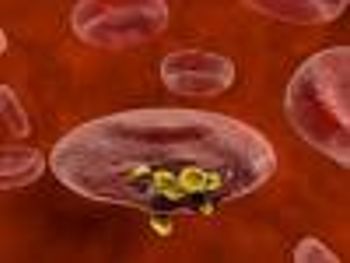
Malaria protein is able to attack more than 90 percent of all tumor types.

Rite Aid will retain its brand name for the immediate future.

Waist circumference in middle age associated with increased bowel cancer risk.

Strategic allicance partners share knowledge and increase the visibility of the participating pharmacy organization.

Mischaracterization of specialty pharmacy rampant amid growing controversy regarding specialty drug pricing.
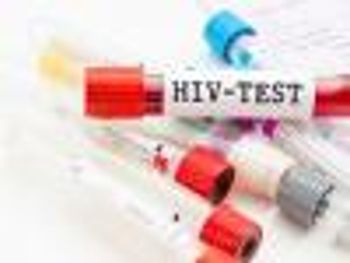
Experts discuss issues faced by patients starting an HIV therapy regimen.

Non-Hispanic whites more likely to be diagnosed with less advanced stages of breast cancer.
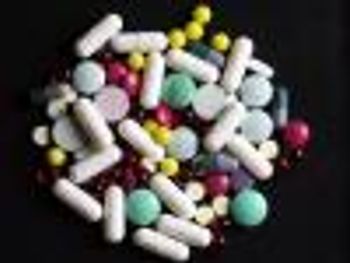
Twice-daily niacin pill for 12-months reduced the incidence of new non-melanoma skin cancers.

A pharmacist sentenced to 4 years in prison for charges related to the sale of counterfeit medications has been released from prison early.
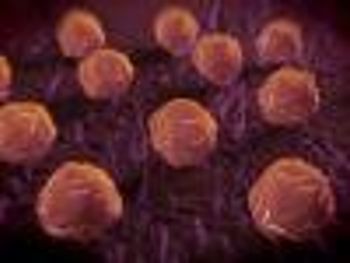
Clonogenic stem cells show heightened self-renewal and differentiation capacities in multiple myeloma.

Tom Roark, PAHM, director of contract management at Diplomat, discusses the value contract management in specialty pharmacy operations.

Accelerated partial breast irradiation reduces therapy into just 5 days.

Treatment used in combination with fluorouracil and leucovorin for patients with metastatic pancreatic cancer.

Treatment shows significant improvement in progression-free survival in patients with unresectable or metastatic liposarcoma or leiomyosarcoma.

Patients with Crohn's disease taking angiotensin converting enzyme inhibitors have significantly higher rate of hospitalizations.

Pharmacists should be asking their patients with HIV not only if they are taking their medications, but also how they are taking them.

The FDA is requiring Concordia Pharmaceuticals to conduct studies on its hyperkalemia treatment, sodium polystyrene sulfonate (Kayexalate), to see if it binds to other medications administered by mouth, which would decrease potency.

Lawmakers are seeking input on potential improvements for the medication therapy management (MTM) program for Medicare Part D beneficiaries.

Program takes advantage of neuroplasticity to train the brain to work more efficiently.
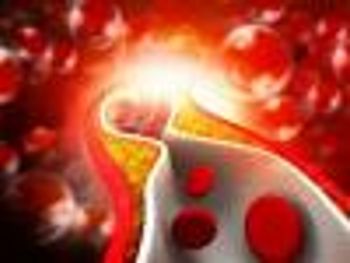
The future of highly effective cholesterol-lowering drug.

Top news of the week in cancer drug development.

Perceived discrimination is one of the main barriers to obtaining health care services for underrepresented populations.

Senator Tim Kaine (D-VA) discussed Medicaid expansion, the Affordable Care Act, and politics at America's Health Insurance Plans' National Conference on Medicaid.
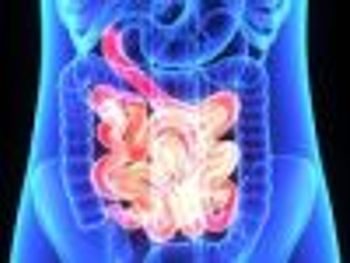
Individuals with autism spectrum disorders should be further monitored by proper diagnostic methods.

Carfilzomib, pomalidomide, and dexamethasone regimen safe and well tolerated during recent study.

Top stories of the week on Specialty Pharmacy Times.
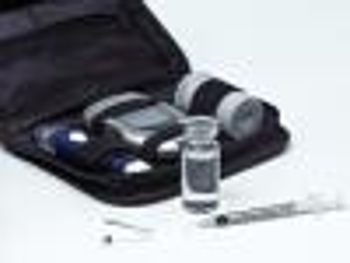
Finding treatments that deliver better glycemic control is critical.